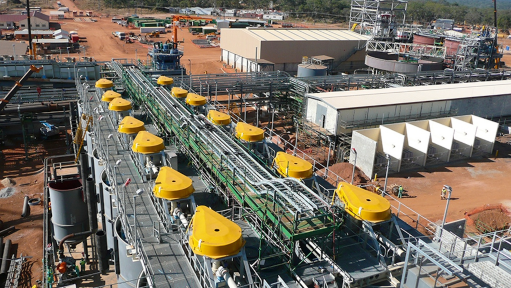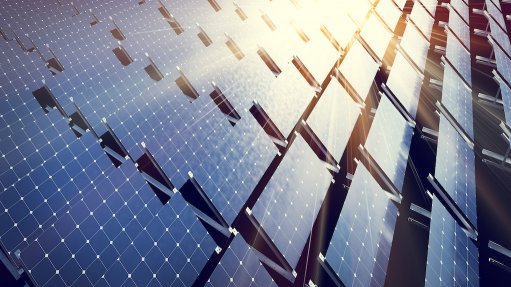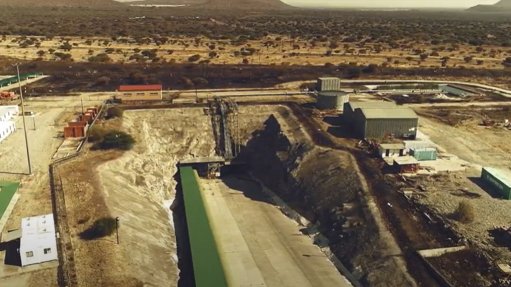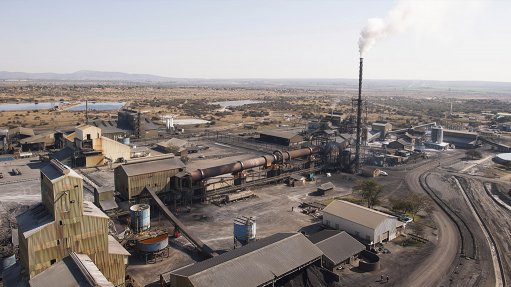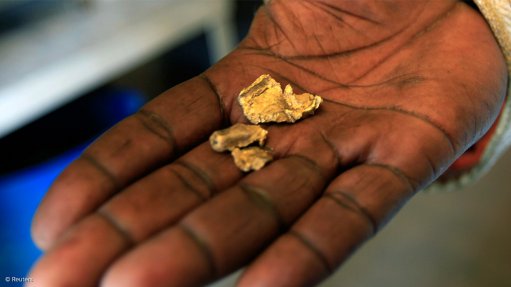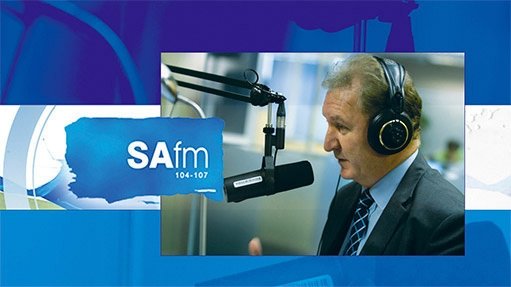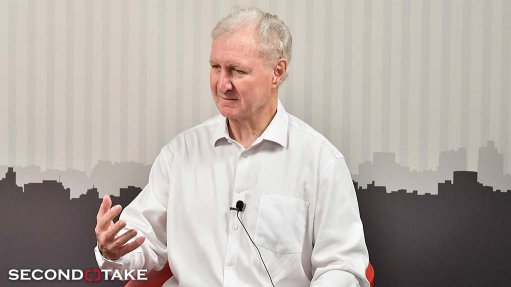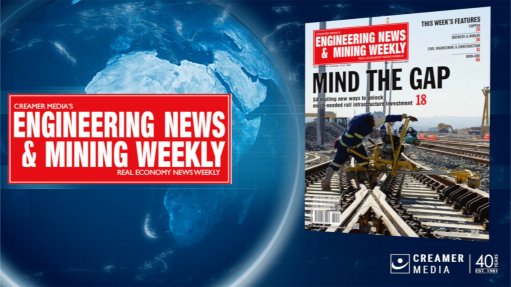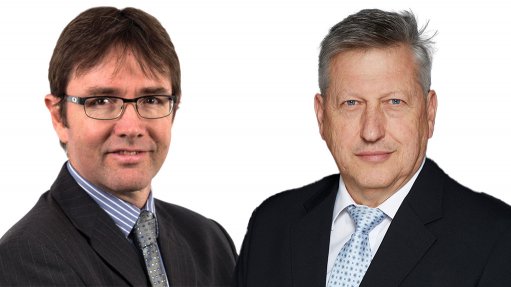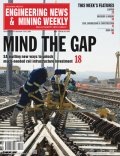Unctad develops digital solution to promote new critical mineral discoveries
To prevent a production gap of critical and energy minerals amid burgeoning demand to keep global warming within the 1.5 °C targeted under the Paris Agreement, the United Nations Conference on Trade and Development (Unctad) has developed a solution for digitalising and sharing data to facilitate the discovery of new natural resources.
To meet the increasing demand, countries need to explore new resources abundant in high-grade mineral ores and attract investments into the sector, among other essential measures. They can use technology and data to identify resources and assist miners in determining optimal drilling locations.
A private company in Zambia used artificial intelligence to generate geological maps of the Earth’s crust, which resulted in the discovery of a large-scale high-grade copper deposit.
It applied algorithms to analyse multiple data streams, ranging from historical drilling data to satellite imagery, enhancing the identification of potential new deposits.
“The breakthrough in Zambia’s exploration of new copper resources shows how developing countries can use innovative approaches to discover new reserves of critical minerals and help bridge the gap between supply and demand,” Unctad states.
Unctad's Natural Resources Information Exchange (NRIE) initiative is aimed at creating a repository of digital information focused on geoscientific historical data.
The initiative would enable developing countries to harness the power of technology to compile and analyse vast amounts of data, empowering them to make informed decisions about their mineral reserves responsibly and inclusively, it says.
“The initiative could assist mineral-rich countries in Africa and elsewhere to create their own natural resource data banks to capture the untapped value from geosciences information to optimise natural resource development and management,” the organisation says.
These data banks would include a range of digitalised historical mineral data, such as old maps and information on rock formations, mineral composition and geological structures.
The data banks would also include exploration data comprising drilling results, geophysical surveys and geochemical analysis, as well as production data detailing quantities extracted, grades of ore and production methods.
The data banks would also have environmental data, such as water quality assessment, air quality monitoring and biodiversity surveys, Unctad adds.
“Countries need better data to benefit more from these critical minerals, while protecting the planet. Many developing countries lack the reliable data needed to attract investments into their undiscovered minerals,” says Unctad international trade division head Miho Shirotori.
Meanwhile, Unctad advocates for a collaborative and inclusive approach involving governments, companies and institutions with geoscientific archives working together to develop natural resource data banks.
It will also support beneficiary countries in developing their capacity to digitalise and organise their historical mineral data.
The initiative would facilitate easy access, search and retrieval of archived information through digital databases and artificial intelligence, as demonstrated in recent efforts in Zambia, it says.
Unctad will also enhance the efficiency of data governance by providing more comprehensive and precise datasets. This could improve decision-making among policymakers, government agencies and industry stakeholders regarding resource allocation.
Further, it is essential to ensure the soaring demand for critical energy transition minerals does not further entrench countries’ dependence on commodities for their export earnings, it said.
Developing countries can bolster their capacity to attract investments, which could spur economic growth and contribute to meeting the global demand for critical energy transition minerals in a sustainable manner, the trade and development organisation said.
The global quest for a cleaner energy system has escalated the demand for critical energy transition minerals such as lithium, cobalt, nickel and copper, which play a crucial role in renewable energy technologies such as solar photovoltaic cells, wind energy, battery storage and electric vehicles, Unctad said.
Demand for copper in clean energy systems is forecast to increase from 23% of total demand across all applications to more than 42% by 2050.
“However, if copper’s production continues at its current rate, the burgeoning demand won’t be met, creating a significant gap that needs to be addressed to keep global warming in line with the Paris Agreement on climate change,” Unctad illustrated.
Comments
Press Office
Announcements
What's On
Subscribe to improve your user experience...
Option 1 (equivalent of R125 a month):
Receive a weekly copy of Creamer Media's Engineering News & Mining Weekly magazine
(print copy for those in South Africa and e-magazine for those outside of South Africa)
Receive daily email newsletters
Access to full search results
Access archive of magazine back copies
Access to Projects in Progress
Access to ONE Research Report of your choice in PDF format
Option 2 (equivalent of R375 a month):
All benefits from Option 1
PLUS
Access to Creamer Media's Research Channel Africa for ALL Research Reports, in PDF format, on various industrial and mining sectors
including Electricity; Water; Energy Transition; Hydrogen; Roads, Rail and Ports; Coal; Gold; Platinum; Battery Metals; etc.
Already a subscriber?
Forgotten your password?
Receive weekly copy of Creamer Media's Engineering News & Mining Weekly magazine (print copy for those in South Africa and e-magazine for those outside of South Africa)
➕
Recieve daily email newsletters
➕
Access to full search results
➕
Access archive of magazine back copies
➕
Access to Projects in Progress
➕
Access to ONE Research Report of your choice in PDF format
RESEARCH CHANNEL AFRICA
R4500 (equivalent of R375 a month)
SUBSCRIBEAll benefits from Option 1
➕
Access to Creamer Media's Research Channel Africa for ALL Research Reports on various industrial and mining sectors, in PDF format, including on:
Electricity
➕
Water
➕
Energy Transition
➕
Hydrogen
➕
Roads, Rail and Ports
➕
Coal
➕
Gold
➕
Platinum
➕
Battery Metals
➕
etc.
Receive all benefits from Option 1 or Option 2 delivered to numerous people at your company
➕
Multiple User names and Passwords for simultaneous log-ins
➕
Intranet integration access to all in your organisation






